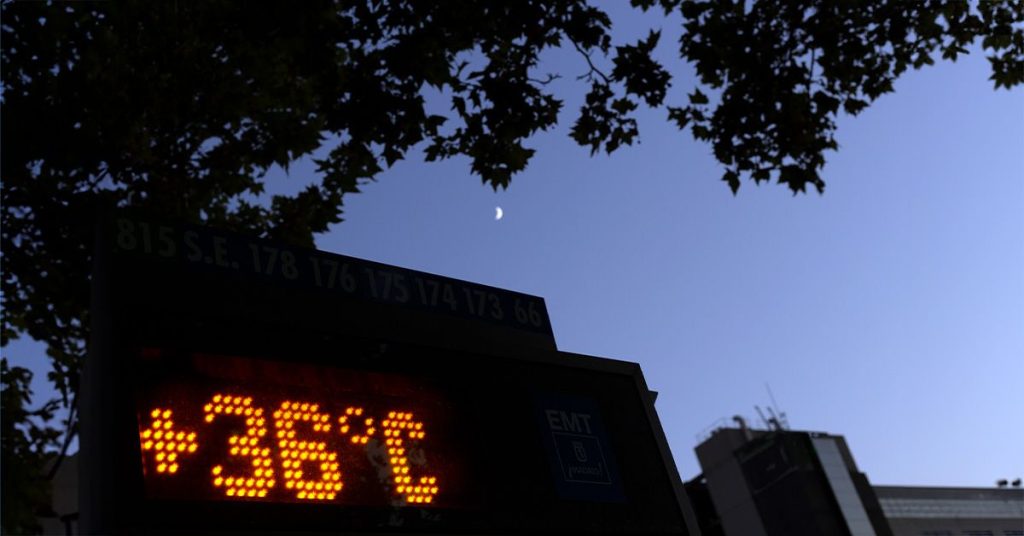A recent study found that older individuals, particularly women, are at an increased risk of stroke on hot nights due to the stress heat places on the cardiovascular system. Drinking plenty of water, keeping air circulating, and utilizing cool showers, baths, and clothes on the forehead and torso can help reduce this risk. The research highlights nocturnal heat as a trigger for stroke events in a warming climate, with the average global temperature between 2011 and 2020 signaling the warmest decade on record. As climate change progresses, it is becoming increasingly important to understand its impact on human health.
The study, based on data from Augsburg Hospital in Germany over a 15-year period, analyzed 11,037 stroke diagnoses between 2006 and 2020 during the warmer months from May to October. The average age of stroke patients was 71.3, with ischemic strokes being the most common type recorded. The researchers also observed an increase in hot-night strokes in recent years compared to a cooler period from 2006 to 2012. Older individuals, especially women, along with those with mild stroke symptoms, were found to be more vulnerable to strokes on hot nights.
Cardiologist Cheng-Han Chen noted that extreme heat can increase cardiovascular events such as heart attacks and strokes, and the study’s robust statistical analysis spanning many years signifies a significant trend. However, cardiologist Jayne Morgan cautioned that while there may be an association between extremely hot weather conditions and heart attacks, causality remains unclear, and the study focused on a homogenous population, questioning its generalizability to the wider global population. She also raised concerns about the potential influence of age and risk factors on stroke vulnerability.
Extreme heat interferes with the cardiovascular system’s ability to regulate body temperature, putting the system under stress, according to Chen. Dehydration from heat and excessive sweating can lead to electrolyte imbalances, while heat affects how blood vessels constrict and dilate, potentially increasing the risk of cardiovascular events. Both experts stressed the importance of staying well-hydrated on hot nights and days, maintaining good airflow in the bedroom, and using cool baths, showers, and cloths to lower body temperature. They highlighted the impact of climate change on cardiovascular health, including concerns about pollution and particulate matter affecting heart tissue.
In conclusion, the study underscores the heightened risk of stroke on hot nights for older individuals, particularly women, and those with mild stroke symptoms. As global temperatures continue to rise, understanding the impact of climate change on human health becomes increasingly urgent. Measures such as staying hydrated, maintaining airflow, and using cooling methods can help reduce the risk of stroke on hot nights. However, further research is needed to fully elucidate the relationship between extreme heat and cardiovascular events and to develop targeted interventions to protect vulnerable populations.













